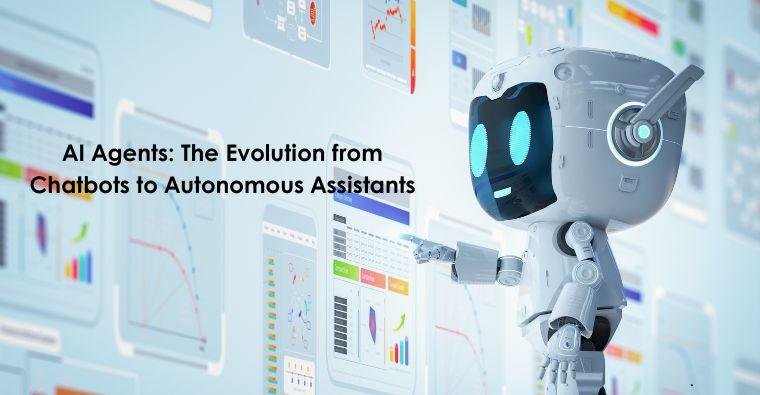How AI and IoT Are Transforming Modern Agriculture
In the age of digital transformation, artificial intelligence (AI) and the Internet of Things (IoT) are revolutionizing industries across the globe — and agriculture is no exception. Smart farming powered by AI and IoT is helping farmers boost productivity, reduce waste, and make more informed decisions. Let’s explore how these technologies are reshaping modern agriculture.
AI in Agriculture: Smarter Decisions, Better Yields
AI brings data-driven insights and automation to farming, making agricultural processes more efficient and precise.
Key Applications of AI in Agriculture:
- Crop Monitoring and Disease Detection: AI-powered image recognition identifies plant diseases and nutrient deficiencies early.
- Predictive Analytics: Weather forecasts and yield predictions help farmers plan better and minimize losses.
- Automated Machinery: AI-driven drones and robots handle planting, weeding, and harvesting with precision.
- Soil Health Analysis: AI models analyze soil samples to recommend optimal fertilization and irrigation.
IoT in Agriculture: Real-Time Connectivity and Control
IoT devices collect and transmit real-time data from the field, enabling remote monitoring and smart automation.
Key Applications of IoT in Agriculture:
- Smart Irrigation Systems: Sensors monitor soil moisture and weather conditions, adjusting water usage automatically.
- Livestock Tracking: IoT wearables monitor animal health, location, and behavior.
- Environmental Monitoring: Devices track temperature, humidity, and light levels, optimizing greenhouse conditions.
- Supply Chain Management: IoT enables real-time tracking of produce from farm to market.
Benefits of AI and IoT in Agriculture
- Increased Efficiency: Automation reduces labor costs and saves time.
- Enhanced Productivity: Data-driven insights optimize resource usage and boost yields.
- Sustainability: Precision agriculture minimizes water, fertilizer, and pesticide usage.
- Cost Savings: Early disease detection and predictive maintenance lower operational expenses.
Challenges and Future Outlook
Despite their potential, AI and IoT adoption in agriculture face challenges like high initial costs, technical complexities, and data privacy concerns. However, as technology becomes more accessible, the future of smart farming looks promising.
AI and IoT are transforming modern agriculture, making it more efficient, sustainable, and productive. As these technologies evolve, their impact on the agricultural sector will only grow, helping farmers meet the rising demand for food worldwide.




